At Sirens, attendees examine fantasy and other speculative literature through an intersectional feminist lens—and celebrate the remarkable work of women and nonbinary people in this space. And each year, Sirens attendees present dozens of hours of programming related to gender and fantasy literature. Those presenters include readers, authors, scholars, librarians, educators, and publishing professionals—and the range of perspectives they offer and topics they address are equally broad, from reader-driven literary analyses to academic research, classroom lesson plans to craft workshops.
This year, Sirens is offering an essay series to both showcase the brilliance of our community and give those considering attending a look at the sorts of topics, perspectives, and work that they are likely to encounter at Sirens. These essays may be adaptations from previous Sirens presentations, the foundation for future Sirens presentations, or something else altogether. We invite you to take a few moments to read these works—and perhaps engage with gender and fantasy literature in a way you haven’t before.
Today, we welcome an academic paper from Nivair H. Gabriel!

“Remake the World”: Algae, Art, and Indigenous Futurist Thought in Alaya Dawn Johnson’s The Summer Prince
By Nivair H. Gabriel
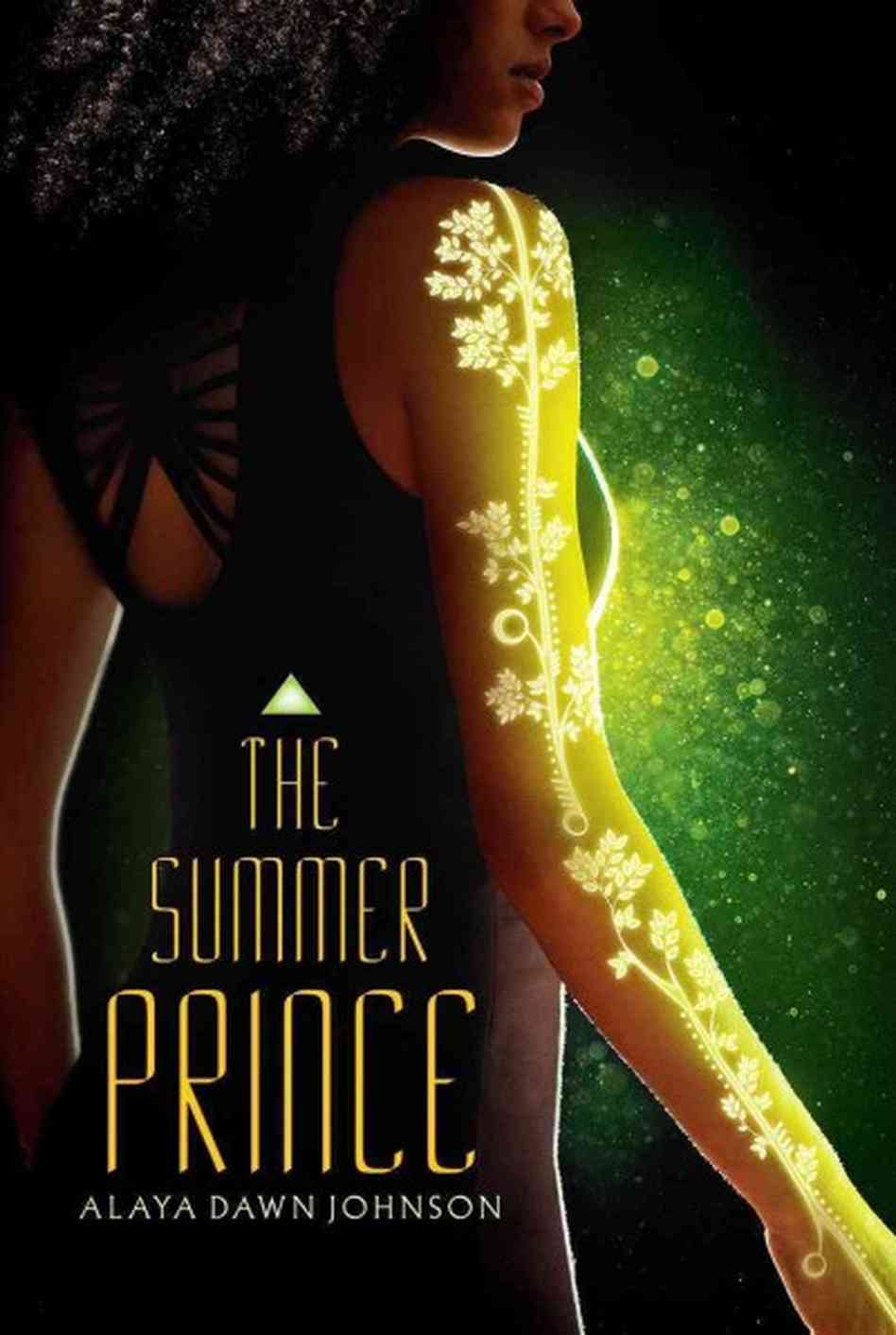
Asserting that “literary and postcolonial studies have ignored the environmentalism that often only the poor can see,” Rob Nixon defines the concept of “slow violence”: “a violence that is neither spectacular nor instantaneous but instead incremental, whose calamitous repercussions are postponed for years or decades or centuries.” He laments the challenge of crafting narratives that make slow violence apparent in a fast-moving world of immediacy, but notes that “writer-activists in the Southern Hemisphere are giving imaginative definition to catastrophes that often remain imperceptible to the senses, catastrophes that unfold across a time span that exceeds the instance of observation or even the life of the human observer. In a world permeated by insidious, unspectacular violence, imaginative writing can make the unapparent appear, rendering it tangible by humanizing drawn-out calamities inaccessible to the immediate senses.” Rebecca Evans discusses “cli-fi” as a literary response to this challenge, defining “cli-fi” not as a single genre but as “a literary preoccupation with climate futures that draws from a wide range of popular genres.” Cli-fi, she argues, via its use of multiple genres, “narratively conjures the future—a conjuring that inflects the representation of climate justice and the queer politics of futurity itself” (95). A stellar example of cli-fi for young adults is Alaya Dawn Johnson’s The Summer Prince, which blends the science fictional and the fantastic to depict an ecofeminist vision. Rooted in a specifically urban sense of place informed by slow violence, and centering a queer, polyamorous relationship, The Summer Prince represents a climate-concerned future that resists both colonialism and heteronormativity. Its ecofeminist critique of the past, informed by indigenous histories, and its open-ended vision of the future bring it into the realm of indigenous futurism.
Palmares Três, the sparkling, futuristic matriarchy where The Summer Prince takes place, is a city of escapees from a plague- and war-ravaged Northern Hemisphere. The foundational belief of Palmares Três echoes Vandana Shiva, who contends that environmental destruction is the fault of capitalism, and cannot be alleviated—let alone reversed—by any solutions conceived within the limitations of modern, Western, patriarchal, capitalist thought. She writes that “all past achievements of patriarchy have been based on alienation from life, and have led to the impoverishment of women, children, and the environment” (88). Hence the matriarchal society of Palmares Três, in a speculated future four hundred years after Shiva’s present: women rule 90% of the time, and when men rule it is only as “summer kings,” figureheads who face inevitable martyrdom to Palmares Três when their term ends. “Kings are men,” June’s mother tells her, “and they can’t be trusted to give up power once they have it” (197). The mandated murder of male rulers exists to remind citizens that patriarchy caused the environmental devastation that turned places like Rio de Janeiro into ruins that humans can only visit in a contamination suit (47). The Queen who founded Palmares Três “put [her king] on a pedestal and … cut him down. A man, like the ones who ruined the world.” To “remake the world,” the story goes, the Queen took “from the world [she knew]”: “Candomblé, which always respected a woman’s power. Catholicism, which always understood the transformation of sacrifice. And Palmares, that legendary self-made city the slaves carved themselves in the jungle, proof that a better world can be built from a bad one” (Johnson 19). The cyclic ritual of king-killing ensures that colonialist patriarchy is perpetually named and condemned for the world’s destruction. Queen Odete, devising a new civilization “in a country that had once been Brazil,” might well have been reading Shiva’s ecofeminist call to action: “Putting women and children first needs above all, a reversal of the logic which has treated women as subordinate because they create life, and men as superior because they destroy it” (88). Aunties, women of advanced age, rule Palmares Três, and they insist that the city remain in isolation from the rest of the colonialist, patriarchal, destroyed world. Johnson’s speculated future makes visible the consequences of the slow violence Nixon observes, and points out “the way that climate change is disproportionately caused and disproportionately experienced along lines of privilege” (Evans 95).
The centrality of Palmares Três and its founding ideology in the text encourage an environmentalist and feminist reading. Ebony Elizabeth Thomas points out that “texts that present urban geographies provide an opportunity for young readers and the stakeholders in their lives to consider the present and future states of our cities wherein the privileged and the challenged meet” (20). Urban geographies “provide orientations and grounding in specific places,” she notes, and “are as diverse and interconnected as that of any natural biome” (14). In the glowing pyramid tiers of Palmares Três, bolstered by its slums of “concrete and algae” (Johnson 112), the story of June—a privileged artist from upper-class Tier Eight—and her love for Enki—a poor dancer from the verde at the bottom of the city—quickly becomes the story of “the politics of the visible and the invisible” (Nixon). June notices her privileged experience of the city when she ventures to the stadium in the lower tier to see the presentation of summer king contenders: “Growing up on Tier Eight, I’m used to seeing the glowing pyramid lattice of Palmares Três from a loftier position” (9). In this particular urban landscape, Enki’s neighborhood carries clear markers that indicate both low class and strong connection to the environment; “we call it the catinga, the stink,” June reveals, “but they call it the verde. Green” (13). The city’s automated voice technology sounds different in June’s top tier than it does in Enki’s bottom one, a difference that surprises the privileged and selectively ignorant June when he tells her (104). Enki’s controversial kingship, his deliberate sacrifice of his own life for the power that fame brings, is his project to illuminate the “hypocrisy of Palmares Três” (64). He insists on dressing in a way that identifies him with the oppressed lower classes in old-Brazil’s history, and reminding the Aunties every chance he gets of the people in the verde who enable their comfortable top-tier lives while struggling to survive storms and floods (34). The old pipelines in the verde recall the environmental destruction of another age whose detritus still stifles the poor (232). June and Enki’s art collaborations draw attention to the struggles of the verde, and to accomplish them they must travel intimately through the city. Regarding Palmares Três’s power grid, June muses, “Energy at no cost, some would say, but Enki and I know better. The cost is the verde, the catinga, the several hundred thousand souls who live at this literal bottom tier of society” (90). June thrills to Enki’s every callout of the Aunties, creating art that underscores his message of environmental justice. June and Enki’s are “intersecting trajectories that blend urban landscapes of privilege and challenge” (Thomas 18). They show that even in a futuristic world founded on apparently ecofeminist principles, Nixon’s “environmentalism of the poor” is still necessary.
The way June uses old-Brazil’s history in her and Enki’s art positions her as an indigenous futurist heroine. As Lynette James writes, “Indigenous futurist heroines cannot be casually ignorant of the circumstances that led to the collapse of major governmental, social, or environmental systems and created the worlds they inhabit. They live in communities in which this information is everyday knowledge” (159). Palmares Três is designed as such a community; grounded in Afro-Brazilian history, it also extrapolates into a future decimated by climate change, in which our Brazilian contemporaries are distant ancestors. June’s narration pulls together ecofeminism and indigenous futurism when she recounts, “It’s as though I can feel the strength of all our ancestors bearing us up. They are the heavy trunk and thick boughs of a tree on which I am only the tiniest budding leaf” (23). June’s revolutionary art grows naturally from her community, which is deeply informed by the history of her people. James describes indigenous futurist heroines who “cannot be whole persons without the relationships that tie them to communities” (171), just as June’s self and her art are defined by her relationship with Palmares Três.
As Evans writes that “representations of climate futures matter in terms of climate justice,” she contends also that “representations of climate futures matter in terms of resisting heteronormative systems” (95). The Summer Prince resists heteronormativity not only in June’s mother and stepmother’s relationship, but also in the love triangle between June, Gil, and Enki, which is queer both in terms of sexuality and in terms of resisting definition and closure. Throughout the novel, Enki insists that he is in love with both Gil and June, and Gil and June, in turn, love him back without attempting to claim him. Gil and June, too, share love, then grief when Enki dies. Enki instructs June not only to preside over a more just society as the new Queen, but also to take care of Gil (286). Unlike many love triangles in young adult fiction, The Summer Prince’s is open-ended, portraying a way that many truths that would appear contradictory by heteronormative standards can all exist at the same time in this queer futurity: Enki loves Gil, June loves Enki, Enki loves June, Gil loves June. Meanwhile, June reckons with the truth that her mother loved her late father and loves her stepmother; neither relationship takes priority, or has more validity, over the other. Complexity, rather than closure, is a primary value in the story; even the culminating symbol of June’s resistance art is “ambiguity” (224). The text’s prioritization of visible queerness, in tandem with its ecocritical resonance, casts resistance to heteronormativity as an essential part of a movement for environmental justice.
June’s movement for environmental justice, spurred by the loss of Enki and her father, reveals the flaws of any society that is built on power, privilege, and oppression. While Palmares Três resisted the specific Western colonialist norms that Shiva condemned, it still reified an unequal power structure: it created the classes of privileged and oppressed. Neither Enki nor June seem to know the ultimate solution to this quandary, but the search for an ultimate solution is itself a quest flawed by the idea of normative certainty. James notes that “too often YA dystopian franchises assume that a final battle decides all questions of the protagonist’s life in clear terms of irrevocable success, where all threat has been quelled forever. But … remaining negotiatiors and defenders is not a failure; failure would mean there was no community left to save. . . . In all healthy, living communities, there is more work to do” (172–3). The ending of Johnson’s text seems open on purpose: to encourage its young readers to imagine the future for themselves. James sees her indigenous futurist heroines as inspirations to “help us see the best possibilities, to imagine the what-ifs, to build the skills of dreaming the future in a grounded, rooted, and located world” (174). As Johnson’s heroine in Palmares Três, who becomes Queen because of the personified hopes of the younger generation, June’s mission is exactly that.
Nixon cites the unique challenge of addressing environmental justice in narrative, proclaiming, “To confront slow violence is to take up, in all its temporal complexity, the politics of the visible and the invisible.” In this way environmentalism, feminism, and postcolonialism are all inextricably linked. Evans’s ecofeminist reading of cli-fi underscores the temporal complexity of these particular politics: “Expanding our understanding of cli-fi’s generic wheelhouse … helps us see how the genre does more than extrapolate into the future—indeed, how it helps connect present and future, rather than posit a radical break between them” (104). In The Summer Prince, Johnson uses urban geography to explore all of these ideas, presenting a boldly extrapolated far future in which the injustices of its present-day ancestors are always visible. Its ecofeminist vision tells its readers, “When the world is destroyed, someone must remake the world. I think you’d call that art” (19). And art, as June would define it, is sacrifice—the disregard for self and the ecofeminist call to collective action. Such a call to action is foundational in the indigenous futurism that James discusses, which is “more than a name; it is an orientation, one meaningful not only to Indigenous peoples but to anyone hopeful or terrified about the future” (174). Drawing from existing discourses of environmentalism, feminism, queer theory, and postcolonialism, Johnson’s art of the imagination makes cli-fi for young adults that grapples with the temporal complexity of environmental justice and provides not answers, but open-ended questions that serve as foundations for indigenous futurist thought.
Works Cited
Evans, Rebecca. “Fantastic Futures? Cli-fi, Climate Justice, and Queer Futurity.” Resilience: A Journal of the Environmental Humanities, vol. 4, no. 2–3, 2017, pp. 94–110. Web.
James, Lynette. “Children of Change, Not Doom: Indigenous Futurist Heroines in YA.” Extrapolation, vol. 57, nos. 1–2, 2016, pp. 151–176. Web.
Johnson, Alaya Dawn. The Summer Prince. Scholastic, 2013.
Nixon, Rob. “Slow Violence: Literary and Postcolonial Studies Have Ignored the Environmentalism That Only the Poor Can See.” The Chronicle of Higher Education, vol. 57, no. 40, 2011. Web.
Shiva, Vandana. “The Impoverishment of the Environment: Women and Children Last.” Ecofeminism. Ed. Maria Mies & Vandana Shiva. Zed Books, 1993, pp. 70–90.
Thomas, Ebony Elizabeth. “Landscapes of City and Self: Place and Identity in Urban Young Adult Literature.” The ALAN Review, vol. 38, no. 2, 2011, pp. 13–22. Web.
Nivair H. Gabriel has written all her life, and feminist fantasy is her heart-home. At sixteen, she thought it would be fun to go to MIT and get a BS in aerospace engineering, so she did. She has also contributed writing to Marvels & Tales, io9.com, Fantasy Magazine, Weird Tales, Pittsburgh Magazine, and the Sirens benefit anthologies Queens & Courtesans and Witches & Warriors. She holds a dual-degree MA/MFA in Children’s Literature and Writing for Children from Simmons College, and works as an Assistant Editor at Barefoot Books.
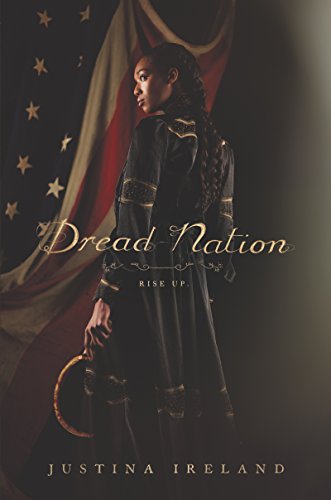





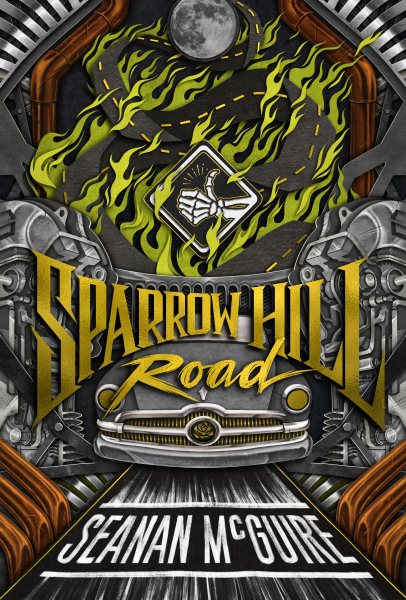

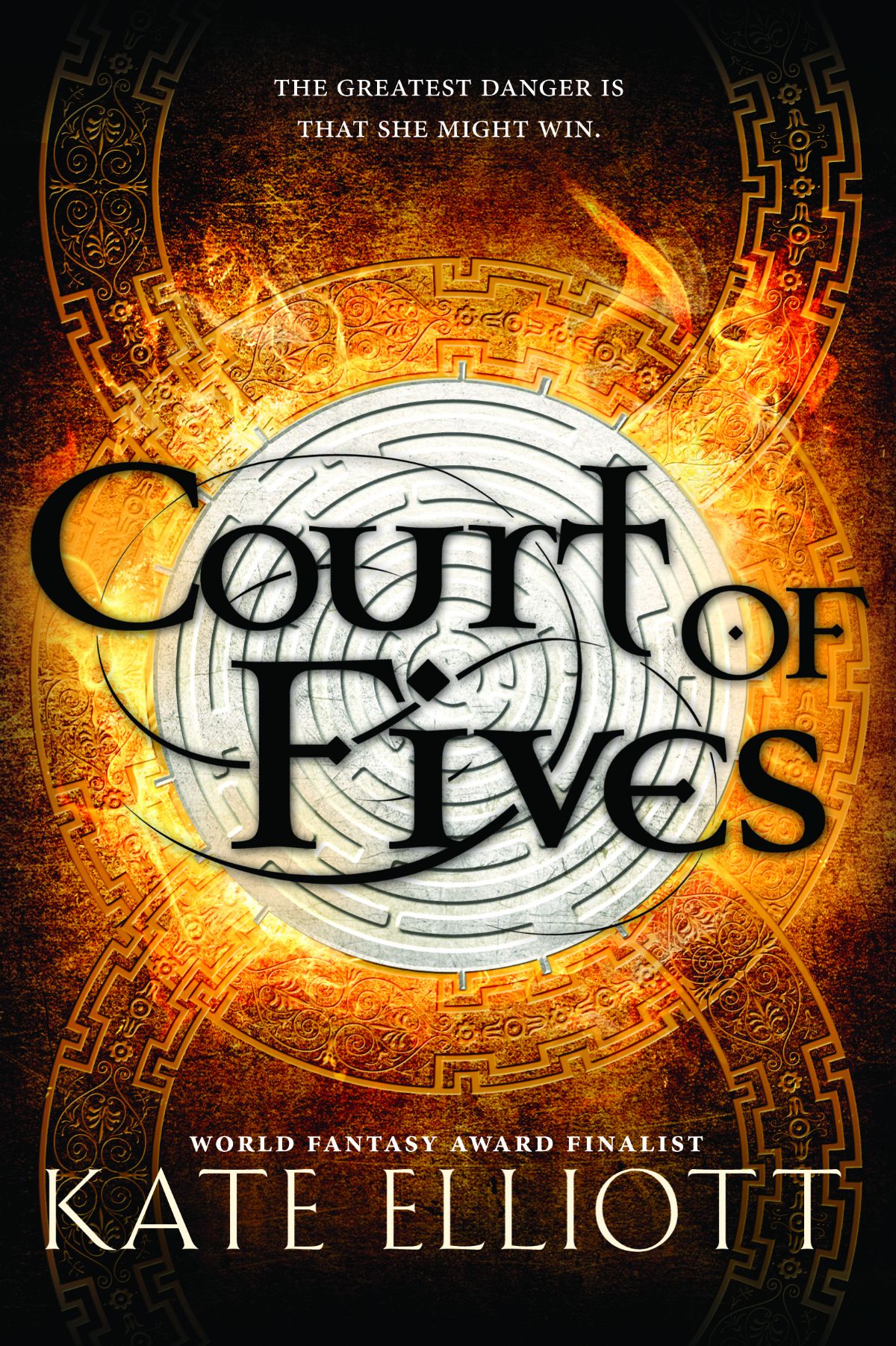
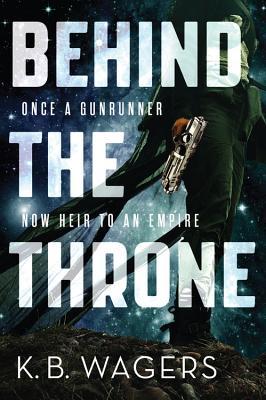
































































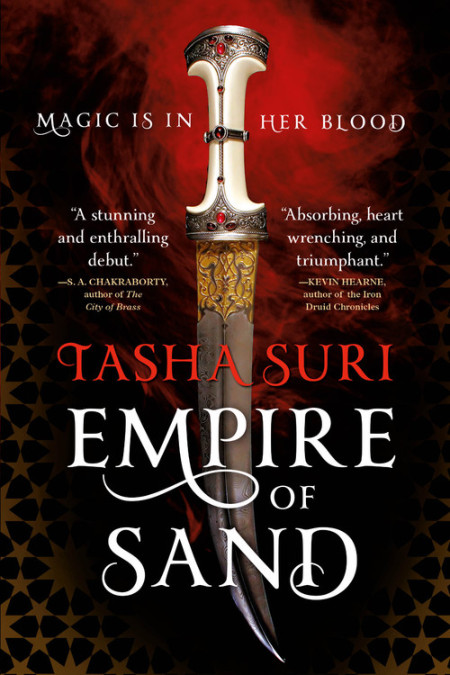

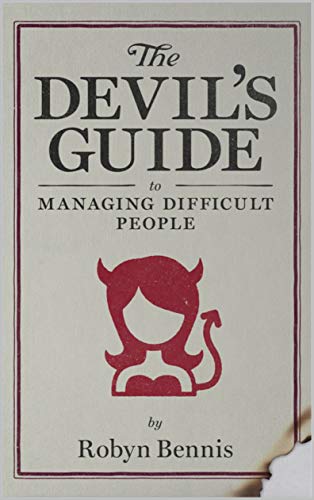
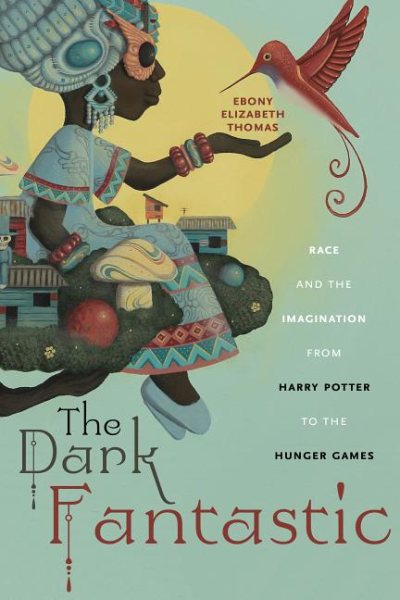

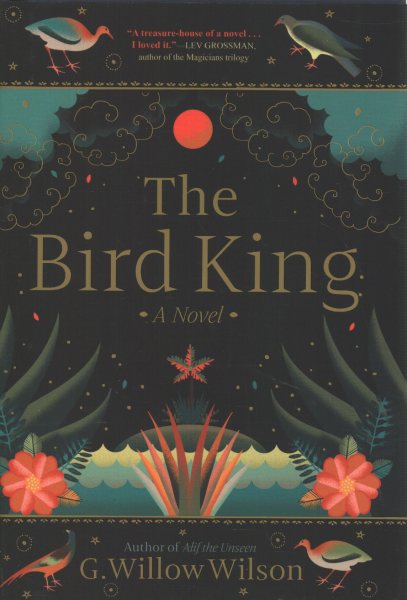
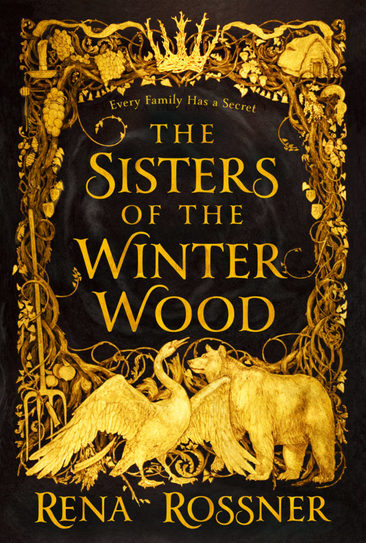
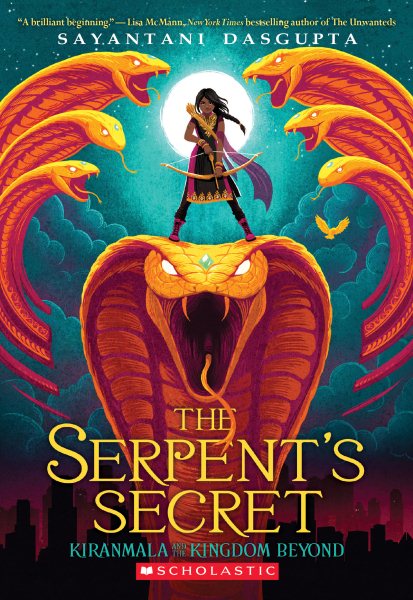
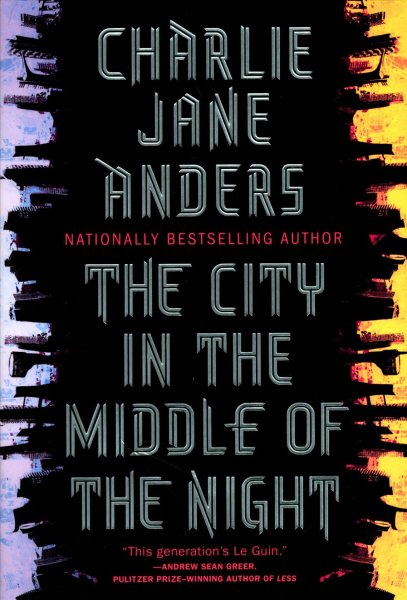
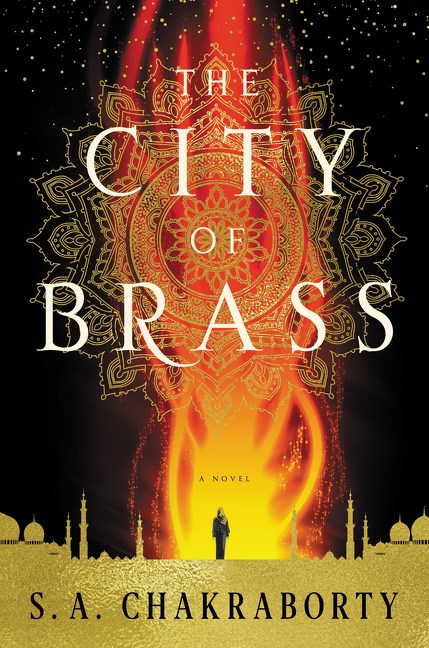
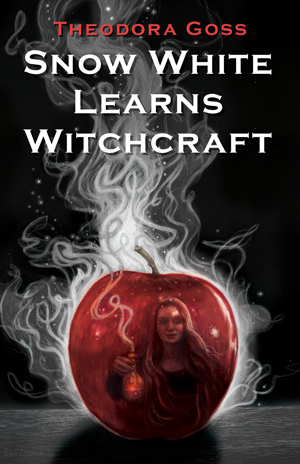

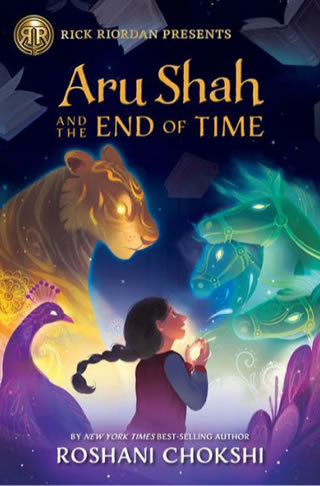



Connect with the Sirens community
Sign up for the Sirens newsletter